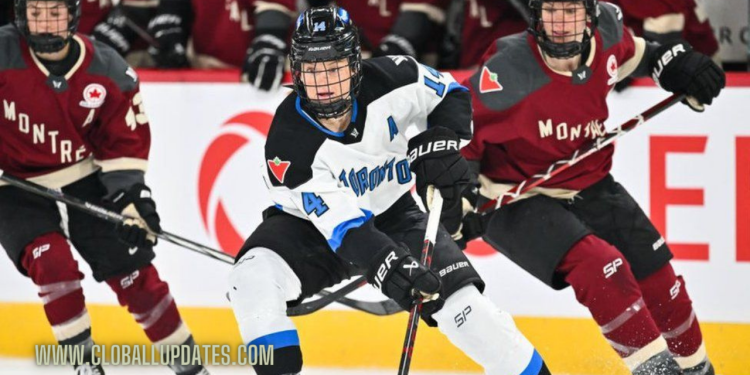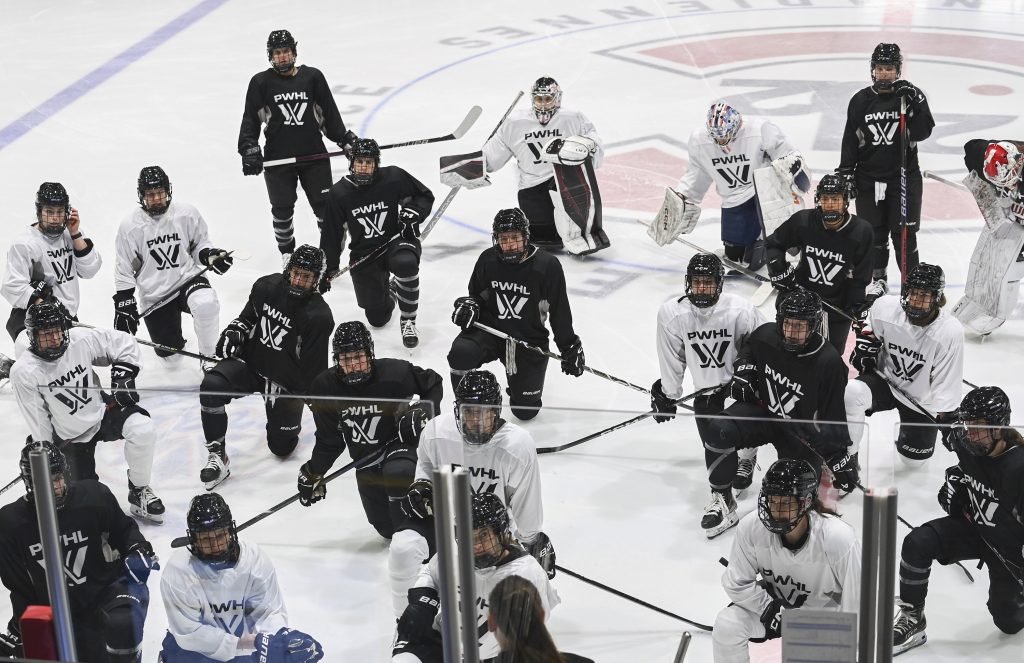Record-Breaking Attendance
The Professional Women’s Hockey League (PWHL) concluded its inaugural season with a historic milestone: a record-breaking attendance of 21,105 at Montreal’s Bell Centre for the game between Montreal and Toronto. This marked a significant achievement for women’s ice hockey and the league as a whole.
Success Amidst Previous Failures
The PWHL’s successful debut comes after previous attempts to establish a professional women’s league failed due to low attendance and financial challenges. The league’s initial success is a testament to the growing interest in women’s sports.
Diverse and Dedicated Fanbase
Jayna Hefford, the league’s senior VP of hockey operations, attributed the PWHL’s success to its diverse and dedicated fanbase. Many fans, who were previously not exposed to women’s hockey, have embraced the league and become avid supporters.
Financial Backing and Player Salaries
Unlike previous women’s hockey leagues, the PWHL enjoys considerable financial backing from the Mark Walter Group, which owns the league and all six teams. This financial stability allows players to receive wages ranging from $35,000 to $80,000, excluding bonuses, ensuring they are fairly compensated for their efforts.
Progress Towards Equality
The league’s commitment to fair wages and equality has resonated with fans, who see the PWHL as a trailblazer for gender equality in sports. While the salaries are lower than those in the NHL, they are a significant step towards achieving equality in the game.














































